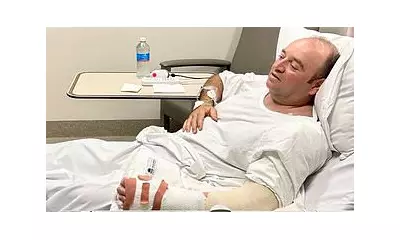
In a significant move that will affect millions of motorists across Britain, the Driver and Vehicle Licensing Agency has announced a major overhaul of medical reporting requirements for common health conditions.
The changes, which come into effect immediately, will streamline the process for drivers managing conditions including diabetes, sleep apnoea, and epilepsy. Previously, many faced repetitive medical questionnaires and lengthy approval processes.
What's Changing For Drivers?
Under the new system, the DVLA will implement a more targeted approach to medical assessments. Drivers with well-managed conditions may no longer need to complete extensive paperwork repeatedly, reducing both bureaucracy and stress for affected motorists.
The agency stated: "We're modernising our processes to make it simpler for drivers while maintaining our commitment to road safety. This change reflects advances in medical treatment and condition management."
Conditions Affected By The Reform
The rule change primarily impacts drivers with:
- Diabetes - Particularly those requiring insulin treatment
- Sleep apnoea - A condition affecting breathing during sleep
- Epilepsy - Where seizure risk is properly managed
Medical professionals have welcomed the changes, noting that many conditions can now be effectively controlled with modern treatments, making previous stringent reporting requirements unnecessary for stable patients.
Road Safety Remains Paramount
Despite the relaxation in paperwork, the DVLA emphasised that road safety remains the absolute priority. Drivers will still need to declare relevant medical conditions, and the agency maintains the right to request medical information when necessary.
"This isn't about lowering standards," a DVLA spokesperson clarified. "It's about focusing our resources where they're most needed while reducing unnecessary burden on drivers with well-controlled conditions."
The changes are expected to free up administrative resources, allowing the DVLA to process genuine medical cases more efficiently while maintaining the UK's strong road safety record.





